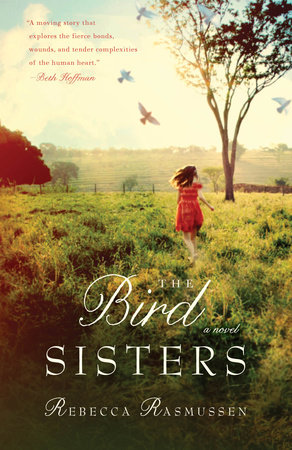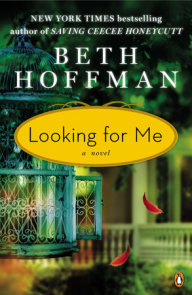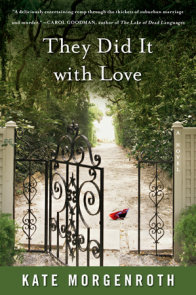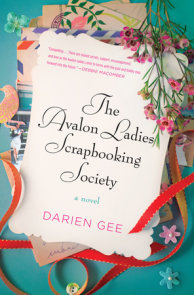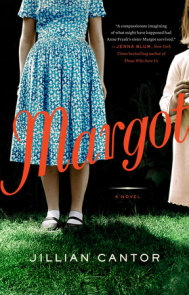READERS GUIDE
Questions and Topics for Discussion
1. The Bird Sisters is set in Spring Green, Wisconsin, a small farming community by the Wisconsin River. Spring Green seems to be distinct in nearly every way from Deadwater, Minnesota, which is where Cousin Bett has grown up. How does each location shape the story, each community, and our characters? Can you imagine Milly and Twiss in Deadwater? How do the places we live shape us?
2. The novel is primarily set during the late 1940s, when the pace of life was a little bit slower than it is today. There seems to be a pervasive cultural nostalgia and a renaissance with regard to skills and cultural mores from the recent past (for example, folks learning how to can vegetables, a love of vintage clothing, etc.). Why do you think this is?
3. Memories play such a powerful role in Milly and Twiss’s lives because, in many ways, their lives were arrested while both were teenagers. Can they ever be at peace? Is there always time for a fresh start?
4. Milly and Twiss will do anything and everything for each other in the novel, but they won’t talk openly about all that has happened to them over the course of their lives—especially events in their youth. Why is it so diffi cult for them? After so many years together, do you think that each knows of the other’s disappointments, vulnerabilities, and heartbreaks without having to explicitly say it? Or do you think that even after all this time the two do not know each other as well as they think?
5. Money is a constant source of tension for Milly and Twiss’s parents in the novel, but in the beginning of their relationship, their mother thought that her dreams would come true without her family’s money, and their father thought that his dreams would come true through his proximity to money at the country club. How were they right and how were they wrong? Money, and lack of it, is also a source of confl ict between other characters (for example, Father Rice steals the entire meager collection from the church and Mr. Peterson pays for Bett’s medical care). How does money solve problems in the novel as well as create them?
6. Cousin Bettie—Bett—comes down from Deadwater, Minnesota, to stay with Milly and Twiss for the summer and in doing so changes the dynamics of their family. Bett grows close to each of the sisters in very different ways. How would the family have changed if not for Bett? In other words, do you think that the changes were the result of Bett’s particular personality? Or do you think that she was just in the right place at the right time to be seen as a catalyst?
7. Both Milly and Twiss sacrifi ce their personal dreams for, they think, the betterment of the other. When is personal sacrifice for the sake of the larger goal noble and valiant? At what point is it foolish? Do you think that they make the right choices? How do you think Bett feels about her choices? What do you think she was trying to tell Milly by sending her the book?
8. Milly and Twiss love their parents deeply, but they don’t know quite how to forgive them. How do you think their lives might change if they were able to forgive them? Are they able to forgive Bett and Asa?
9. Asa, Mr. Peterson, and Joe all seem to make significant life choices based on snap judgments. How has this impulsive streak served them well? How has it hurt them? If Asa truly loved Milly as he seemed to, how could he so quickly abandon her? Do you think he understood at the time what Milly was asking of him? And by asking it, do you think she was asking too much of someone she loved?
10. Throughout the novel, Twiss and Father Rice exchange letters. In these letters, Twiss often reveals her secret feelings. Father Rice, in turn, reveals his. In the age of the Internet, have we lost the intimacy that can be found in this old-fashioned form of correspondence, the traditional letter? How do we choose to share what we do when it’s by letter, e-mail, text, Twitter, Facebook update, blog post, or telephone? When was the last time you handwrote a letter?







